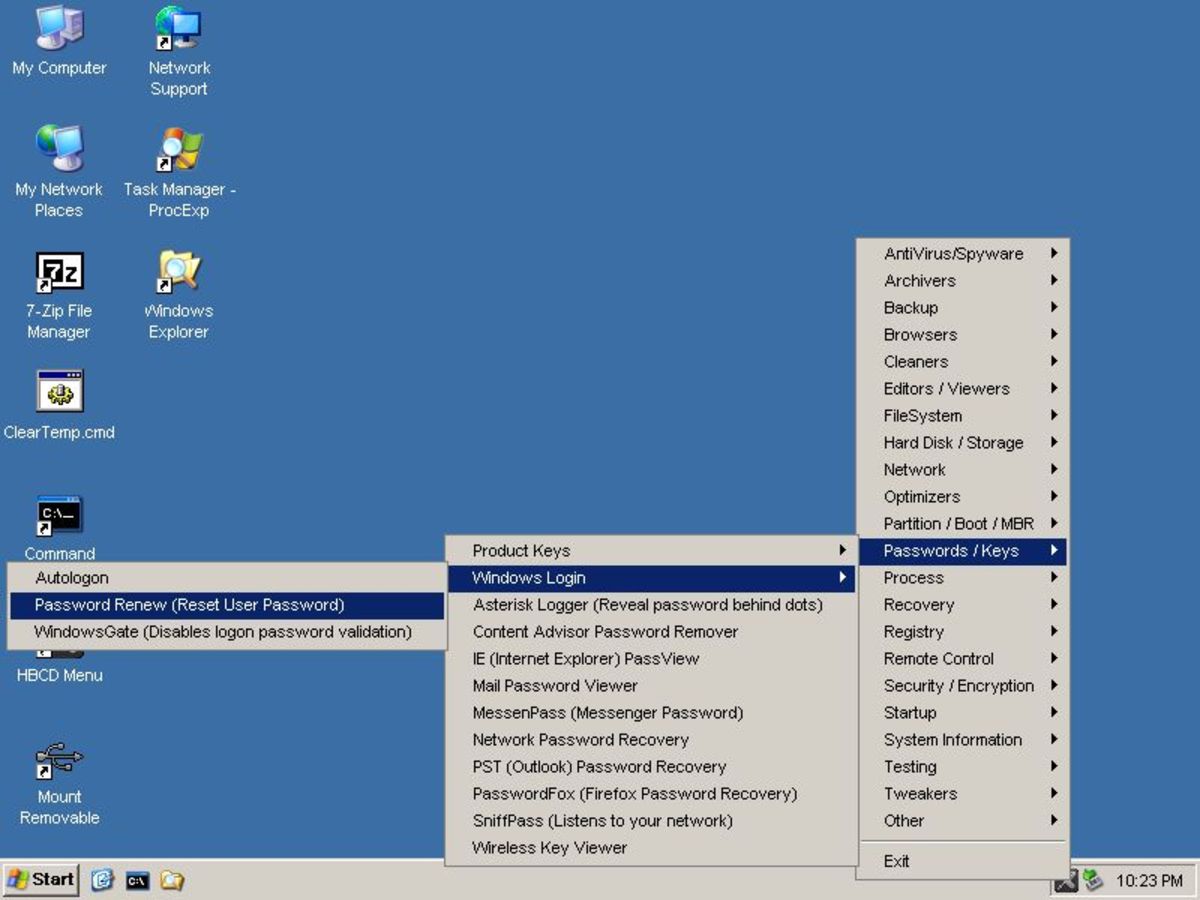How to Select Your Own Domain Name

A 'domain', or 'domain name', is the way a web site is identified on the Internet. For example, hubpages.com is a domain name. However, it's much more than that.
Everyone should have their own domain name.
The first thing to do is to pick one. That is, pick a domain name that works for you. You can't simply make one up; it may be already taken. Are all the good ones taken? Well, yes and no. We need some history to answer the question properly. With a little knowledge helps you make an informed decision. In the early days of the Internet, all domain names were required to end in .com. ,org, .net, or .edu. 'Com' stood for commercial, 'org' for non-profit organizations, 'net' for the computers that supported the structure of the Internet, and 'edu' for educational institutions. Forward-thinking entrepreneurs grabbed up popular names such as 'business.com' and 'sports.com', planning to set up web sites or sell them to the highest bidder. Some folks made big money by simply selling names. Domain names vanished in a big hurry. It didn't take long for computer scientists (and almost everyone else) to realize that the small set of options represented by .com, .org, .net, and .edu to were going to be too restrictive. A new approach was needed. Over time they added more extensions such as .info, .biz, .us, and many others.
A US media conglomerate, Clear Channel, bought the rights to domains ending in "cc". "cc" was owned by the Australian Territory of the Cocos and Keeling Islands. Clear Channel speculators put all their media outlets into .cc domains and launched a huge advertising campaign to sell .cc names to the rest of us. How many .cc domains do you visit these days?
Fast
forward to today. The .com extension is very heavily populated.
Certainly not every combination of letters is taken, but it's getting
more difficult every day to find a name that makes sense, is easy to
remember, and is not already in use. Therefore, when you go fishing for
a name, consider another extension besides .com. Sometimes you can get
away with .net or .org, but those are also heavily populated. Contrary
to what many people believe, .net and .org are not 'reserved' for
special companies or organizations anymore.
It's a good
idea to experiment with .com names because most people are conditioned
to remembering them. For example, if you settle on
MyCuteHappyHobbyHorse.info, you may find that most people only
recall the 'MyCuteHappyHobbyHorse' part and intuitively add a '.com'
extension when they try to reference the domain on the Internet.
Obviously they will get someone else's domain and not yours.
In general, the names ending in '.com' are coveted because everyone
is conditioned to add '.com' to any domain name they hear or read.
Unfortunately, most of the easily remembered names are already taken.
The choice often boils down to cobbling up a slightly convoluted '.com'
name that's still available or shifting to a different extension in
order to get the precise name you need. Think about playing some
tricks; add hyphens between the words in the name. Instead of
'FreeVehicleInfo.com', consider 'free-vehicle-info.com'. Consider
adding a prefix or suffix to your original name. For example; you might
experiment with 'MyFreeVehicleInfo.com' or 'OnlineFreeVehicleInfo.com'.
Names tend to get a little long, but sometimes you have little choice
if you prefer to stay with the '.com' extension. Many domain name
registration web sites offer tools to help you find names that are
still available.
After picking a name, you need to register it. Registration is cheap and easy. Hundreds of companies on the Internet offer registration services. They all do exactly the same thing. Why? It's because they all act as a front-end for a single global registration service that actually tracks the names. The cost of registration will vary a little; some extensions cost more than others. Shopping around a little will give you a feel for the range of amounts. Generally, you can register your name with a company of your choosing; you shouldn't be locked in to anything.
Registration costs and terms vary by extension. The minimal registration period for most extensions is one year. In most cases you can go as high as 3 years and you might get a price break if you choose to do so. Look at different domain name registration companies for different rates and packages. They won't vary too much, but you will get a good feel for what's available. Many hosting services offer free domain name registration if you purchase a hosting contract.
An additional expense to consider is confidentiality. By default,
information pertaining to a domain name registration is publicly
visible. Contact information, including your name, mailing address,
email address, and telephone number will be available to anyone hooked
to the Internet. You will find yourself added to numerous email spam
lists. You'll also begin to receive snail mail that suspiciously
resembles invoices. Snail mail spammers hope to trick you into paying
your domain name registration fee through them, often at a greatly
inflated rate. Don't fall for it!
If you value your privacy, consider paying a few extra dollars to hide this information. Ask your domain name registration service for more information.








